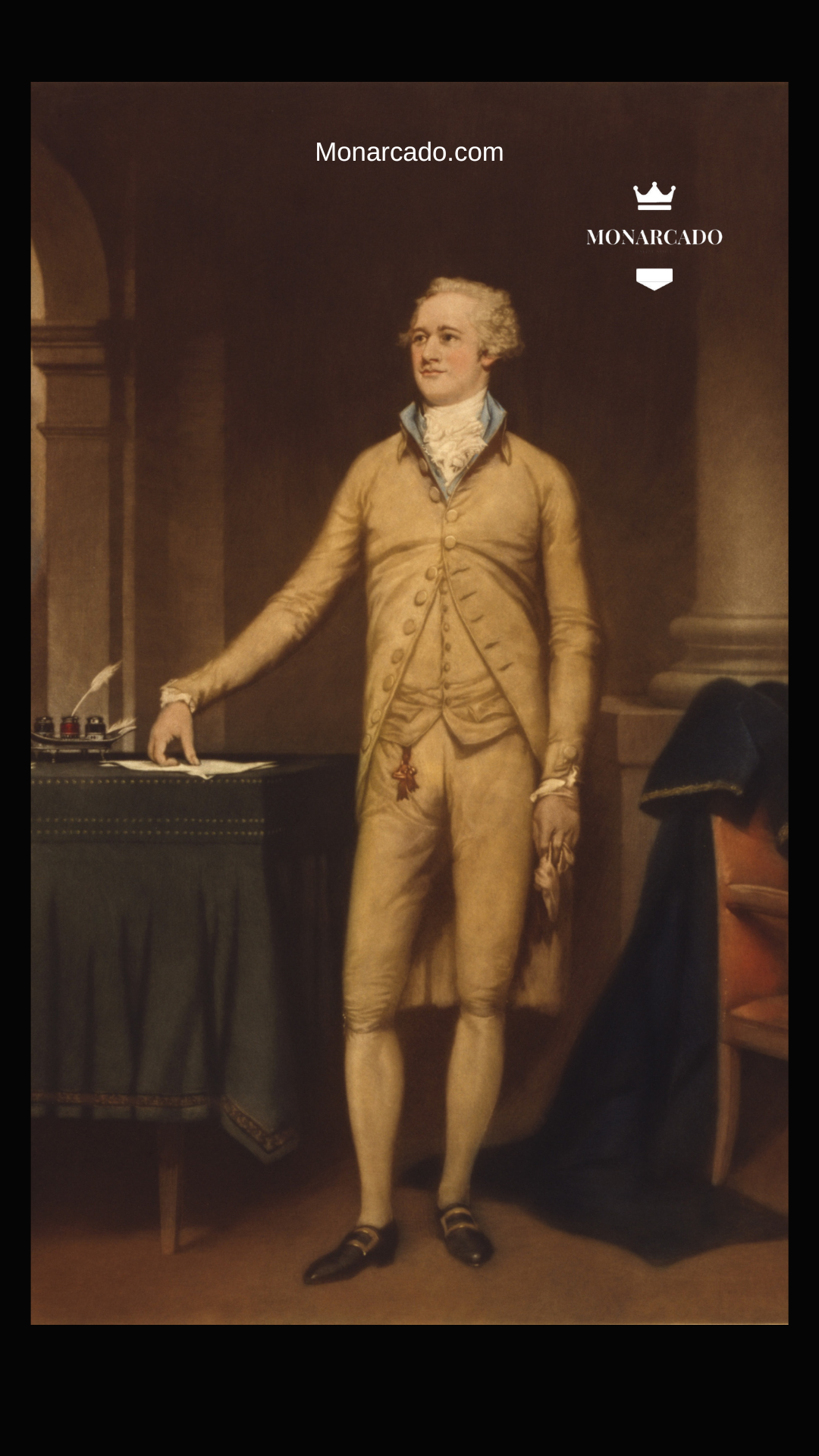Jimmy Carter, the 39th President of the United States, passed away on Sunday afternoon in Plains, Georgia, as announced by the Carter Center. Let's delve into the enigmatic legacy of this significant figure in American history.
Humanitarian Efforts and Nobel Peace Prize
Jimmy Carter was known for his extensive humanitarian efforts, both during and after his presidency. He was awarded the Nobel Peace Prize in 2002 for his decades of untiring work in conflict resolution, human rights, and promoting democracy.
Energy Policy and Conservation
During his presidency, Carter focused on energy policy and conservation, advocating for renewable energy sources and energy efficiency. He implemented policies to reduce the country's dependence on foreign oil, a vision that still resonates today.
Camp David Accords
One of Carter's most notable achievements was brokering the Camp David Accords in 1978, a peace agreement between Israel and Egypt. This historic event demonstrated Carter's dedication to diplomacy and conflict resolution in the Middle East.
Economic Challenges and Legacy
Carter faced significant economic challenges during his presidency, including high inflation and unemployment. Despite these challenges, his legacy as a champion of human rights, peace, and democracy endures, shaping American politics and foreign policy.
Post-Presidential Activities
After leaving office, Carter continued his work as a humanitarian, founding the Carter Center and engaging in various international peacekeeping efforts. His commitment to service and philanthropy has left a lasting impact on global affairs.
Jimmy Carter's passing marks the end of an era, but his legacy as a statesman, peacemaker, and advocate for human rights will continue to inspire generations to come. As we reflect on his life and contributions, we honor the enigmatic spirit of a president who dedicated himself to making the world a better place.






































